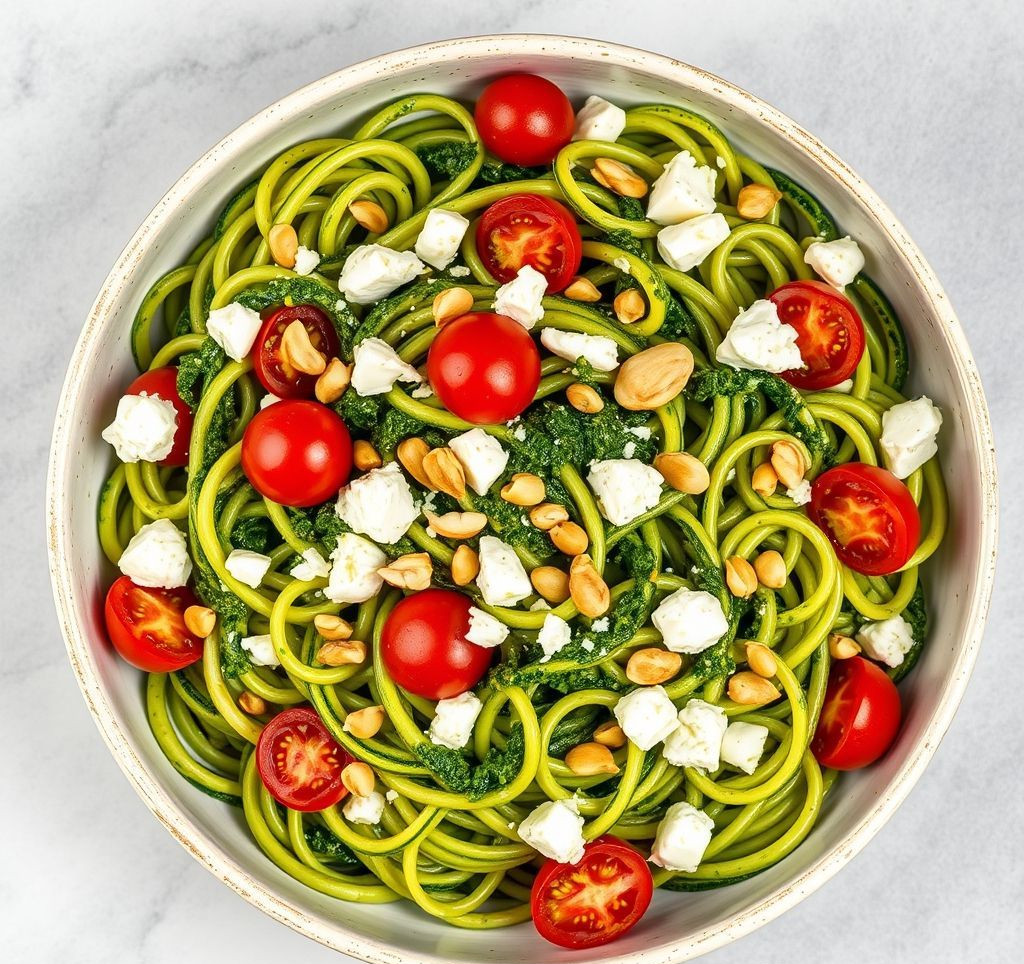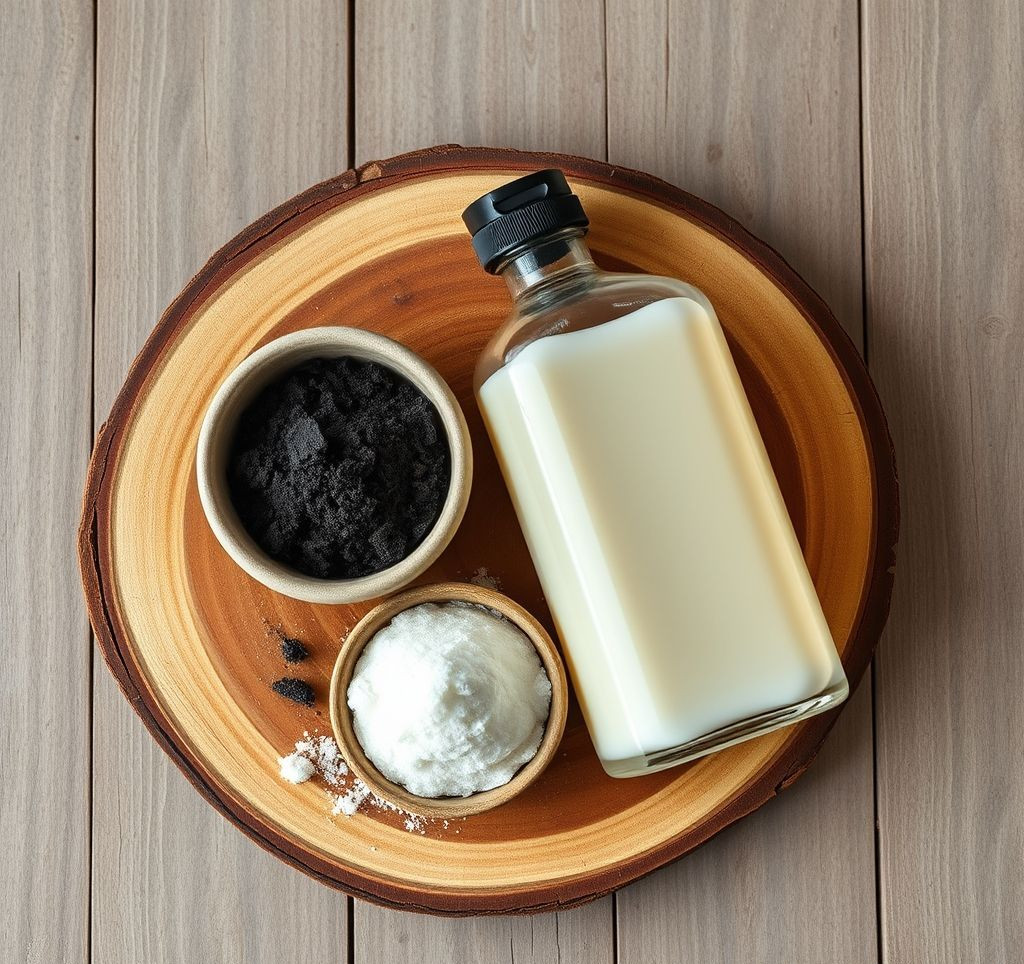Embarking on a low-carb journey doesn’t mean you need to sacrifice flavor or variety, especially if you’re a vegetarian. Finding satisfying and delicious meals that align with both dietary choices can be exciting, and we’re here to help! This curated collection of 20 low carb recipes for vegetarians provides a delightful exploration of meatless dishes that are both wholesome and incredibly tasty.
Why Low Carb Vegetarian Recipes Are Essential
Adopting a low-carb vegetarian lifestyle offers a multitude of benefits. It’s not just about weight management; it’s about improving overall well-being. Here’s why incorporating low carb recipes vegetarian options into your diet is crucial:
- Improved Blood Sugar Control: Reducing your intake of carbohydrates can help stabilize blood sugar levels, beneficial for managing conditions and overall health.
- Enhanced Energy Levels: Relying on healthy fats and protein instead of simple carbs can lead to more sustained energy throughout the day.
- Weight Management: Low-carb diets can be effective for weight loss by reducing overall calorie intake and promoting satiety.
- Increased Intake of Healthy Fats: Many vegetarian low-carb options are rich in avocados, nuts, and seeds, which are sources of healthy monounsaturated and polyunsaturated fats.
- Nutrient-Rich Meals: Focusing on whole, unprocessed foods ensures you’re getting a wide array of vitamins, minerals, and antioxidants.
Core Components of Vegetarian Low-Carb Cooking
Understanding the building blocks of low carb recipes vegetarian cooking is key to creating flavorful and balanced meals.
Here are some core ingredients to keep on hand:
- Non-Starchy Vegetables: Broccoli, spinach, cauliflower, bell peppers, zucchini, mushrooms, and asparagus are all excellent choices. These provide essential vitamins, minerals, and fiber without significant carbohydrates.
- Healthy Fats: Avocado, olive oil, coconut oil, nuts, and seeds should form the foundation for cooking and flavoring your dishes.
- Plant-Based Protein Sources: Tofu, tempeh, nuts, seeds, and cheese (if including dairy) are essential for satiety and muscle maintenance.
- Low-Carb Dairy (Optional): Full-fat Greek yogurt, cream cheese, and hard cheeses can be incorporated in moderation for added flavor and protein if you choose to include dairy.
- Alternative Flours: Almond flour, coconut flour, and flaxseed meal are great for baking and thickening sauces in your low carb vegetarian meals.
- Herbs and Spices: Don’t underestimate the power of herbs and spices! They add flavor, depth, and can even provide additional health benefits. Examples include basil, oregano, chili powder, garlic powder, and turmeric.
20 Delicious Low Carb Recipes for Vegetarians
- Creamy Cauliflower Soup: A comforting and satisfying soup made with cauliflower, vegetable broth, and cream cheese.
- Zucchini Noodles with Pesto and Parmesan: Spiralized zucchini tossed with homemade pesto and generously sprinkled with parmesan cheese.
- Avocado and Egg Salad: A creamy and protein-packed salad made with avocado, hard-boiled eggs, and a touch of lemon juice.
- Mushroom and Spinach Frittata: A versatile frittata that can be enjoyed for breakfast, lunch, or dinner.
- Tofu Scramble with Veggies: A flavorful and protein-rich scramble made with crumbled tofu and your favorite low-carb vegetables.
- Baked Feta with Cherry Tomatoes and Herbs: A simple and delicious appetizer that’s perfect for entertaining.
- Stuffed Bell Peppers with Cauliflower Rice: Bell peppers filled with cauliflower rice, cheese, and herbs, then baked until tender.
- Eggplant Lasagna with Ricotta and Marinara: Thinly sliced eggplant layered with ricotta cheese, marinara sauce, and mozzarella.
- Asparagus and Goat Cheese Tart: A savory tart made with a almond flour crust, filled with asparagus, goat cheese, and herbs.
- Broccoli and Cheddar Fritters: A fun and tasty way to enjoy broccoli.
- Spinach and Artichoke Dip Stuffed Mushrooms: Large mushroom caps filled with a creamy spinach and artichoke dip.
- Cauliflower Pizza Crust with Your Favorite Toppings: A low-carb alternative to traditional pizza crust.
- Creamy Mushroom and Spinach Stuffed Chicken Breast (Vegetarian Version): Substitute the chicken breast with portobello mushrooms.
- Spicy Peanut Tofu Stir-Fry: Tofu sautéed with low-carb vegetables and tossed in a spicy peanut sauce (use erythritol or stevia as a low calorie sweetener).
- Mediterranean Salad with Feta and Olives: A refreshing salad with cucumbers, tomatoes, olives, feta cheese, and a lemon vinaigrette.
- Cabbage Steaks with Parmesan and Garlic: Thick slices of cabbage roasted with parmesan cheese and garlic.
- Radish and Avocado Salad: A crunchy and refreshing salad with radishes, avocado, and a lime vinaigrette.
- Jalapeño Popper Stuffed Avocados: Avocados filled with a creamy jalapeño popper mixture.
- Cucumber Noodles with Creamy Avocado Sauce: Spiralized cucumber tossed in a luscious avocado sauce.
- Spinach Ricotta Stuffed Portobello Mushrooms: Portobello mushrooms filled with a creamy spinach and ricotta mixture.
Expert Tips & Best Practices for Vegetarian Keto Cooking
Mastering low carb recipes vegetarian cuisine involves more than just following recipes—it’s about understanding certain nuances. Here are some expert tips to elevate your meatless, low-carb cooking:
- Prioritize Whole Foods: Focus on consuming whole, unprocessed foods as much as possible. This ensures you’re getting the maximum nutritional benefits.
- Plan Your Meals: Planning ahead can help you stay on track and avoid impulsive decisions. It also ensures you have all the necessary ingredients on hand.
- Hydration is Key: Drink plenty of water throughout the day to help you feel full and support overall health.
- Don’t Be Afraid of Healthy Fats: Healthy fats are your friend on a low-carb diet! They provide energy, satiety, and essential nutrients.
- Experiment with Flavors: Don’t be afraid to try new herbs, spices, and flavor combinations. This will keep your meals interesting and prevent boredom.
- Track Your Macros: It’s important to track your macronutrient intake (carbs, protein, and fat) to ensure you’re meeting your goals.
“Vegetarian diets can be quite healthy, but it definitely takes planning. You have to think a lot more about what you eat, and you have to be smart about combining different items, like legumes with grains.” – Dr. Walter Willett, Chair of the Department of Nutrition at Harvard’s School of Public Health.
A historically significant point is the increased accessibility and understanding of vegetarian diets. Once considered niche, vegetarianism has grown, with substantial scientific support highlighting its health benefits. This has led to a broad range of readily available low carb recipes vegetarian options, making it easier than ever before to enjoy a nutritious and delicious meat-free, low-carb lifestyle.



















